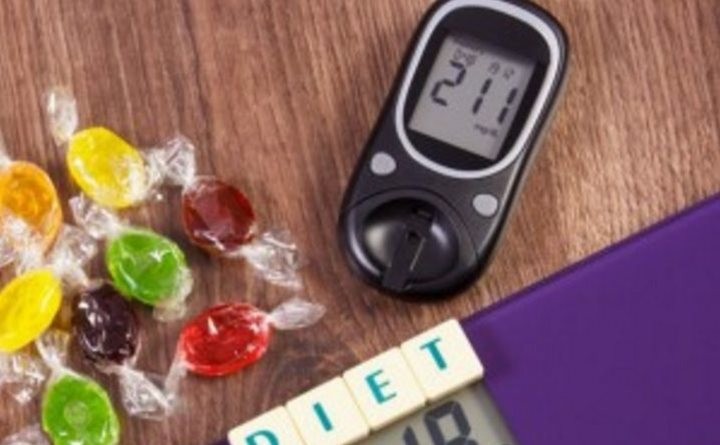High blood sugar, better known as hyperglycemia is a grave health issue for individuals who have diabetes. High blood sugar occurs, as the name suggests, when there is just too much sugar in the blood. If a person is diabetic there are two different types of high blood sugar that can occur: fasting hyperglycemia and this is characterized by having a blood sugar level of greater than 130 mg/dL but less than 180 mg/dL at the conclusion of a fast. After-meal (postprandial) hyperglycemia is characterized as having a blood sugar level that is greater than 180 mg/dL, post meal. Individuals who do not have diabetes rarely have a blood sugar level that is in excess of 140 mg/dL. However, it is very important to note that individuals who continually have elevated blood sugar numbers after a meal are at risk for getting type 2 diabetes.
High Blood Sugar Causes
High blood sugar or hyperglycemia in diabetics is generally caused by, of course, eating foods that are rich in sugar (be it refined sugars or natural sugars found in fruit) eating too many refined grams of carbohydrates, an individual not taking his or her , and/or eating entirely too much or foods that are calorie-dense. The foods you eat are notorious high blood sugar causes. Increased stress has been known to raise sugar levels in the blood. Also, infection and illness can cause high blood sugar levels. If an individual limits that amount of physical activity they do this is a high blood sugar sign.
High Blood Sugar Symptoms
Again, it is critical to understand and recognize high blood sugar signs early. If high blood sugar goes untreated, it has the propensity to develop into an dangerous condition called ketoacidosis, for those with type 1 diabetes or if you have type 2 diabetes, HHNS. Some of the early signs of high blood pressure in individuals with diabetes is headaches, unquenchable thirst, blurred vision, increased trips to the bathroom to urinate, difficulty concentrating, fatigue, weight loss, in women vaginal infections, skin infections, cuts or sores that are slow to heal, loss of hair on lower extremities, nerve damage that causes insensitive, painful, or cold feet, and in men erectile dysfunction. Lastly, an individual may experience chronic constipation, diarrhea, or other stomach and intestinal problems.
High Blood Sugar Treatment
As the old saying goes, an ounce of treatment is worth a pound of cure. What this means essentially is that individuals should try to prevent high blood sugar or hyperglycemia before it becomes an issue that requires treatment. You can prevent high blood sugar by watching your diet, counting the amount of carbohydrates you ingest, and limiting the intake of sweets and refined sugars. Test your blood sugar levels regularly. Also, maintain a consistent exercise program and /medicine schedule.
However, in the event that you already have elevated levels of glucose in your system and are exhibiting high blood sugar symptoms, listed are treatments for high blood sugar: drinking more water helps to remove any excess sugar from your urine, discontinue eating sugary or carbohydrate laden foods, exercising has been shown to lower blood sugar levels (Very Important: If you have type 1 diabetes, before exercising, test your blood for ketones and if your glucose levels are above 240mg/dL, then do NOT exercise, if you have type 2 diabetes, and your glucose levels are in excess of 240mg/dL, then do NOT exercise. Testing for ketones is not necessary).
If you have kept a record of your glucose readings and they are consistently (2 or more readings) above 180 mg/dL then it is time to contact your doctor or take a trip to the emergency room if symptoms persist or worsen.
Featured Image: Thinkstock/ratmaner



